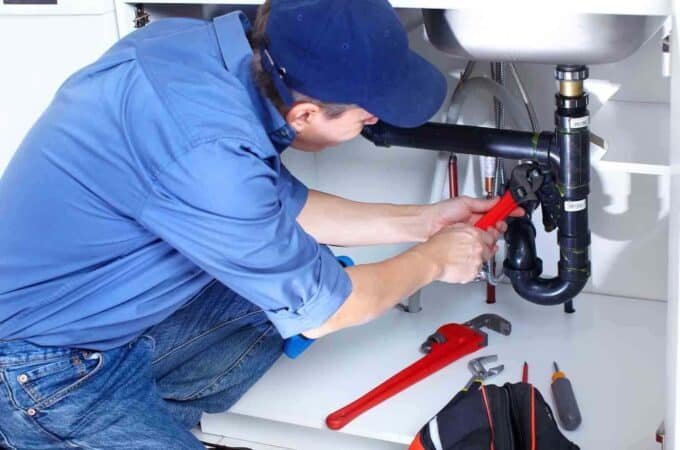
Water Heater Woes: How to Know When It’s Time for a Replacement
Are you noticing your water heater not working as efficiently as it used to? Are you experiencing inconsistent or limited hot water supply? These are just a few signs that may indicate it’s time for a replacement. Before deciding to replace your water heater, here are some important factors to consider. Your residential plumber will also be able to assist you in determining the best course of action.
Table of Contents
ToggleCommon Signs of a Failing Water Heater
- Age: Most water heaters have an average lifespan of 8 to 12 years. If your water heater is approaching or has exceeded this timeframe, it’s time to consider a replacement.
- Rusty Water: If you turn on your hot water and notice a brown or rusty color, it could mean your water heater is rusting inside and may soon start leaking.
- Strange Noises: Over time, sediment can build up in your water heater and cause it to make popping or cracking noises. This could indicate various problems, including an overheated tank or a buildup of minerals.
- Lack of Hot Water: If you’re running out of hot water quicker than you used to, it could be a sign that your water heater needs to catch up with demand. This could be due to a faulty heating element or other internal issues.
- Leaking Tank: If you notice puddles or damp spots around your water heater, the tank has likely developed a leak. While small leaks can sometimes be repaired, larger ones usually mean it’s time for a replacement.
What to Consider When Replacing Your Water Heater
When faced with the decision to replace your water heater, there are a few things you should take into consideration before making a purchase:
- Type of Water Heater: There are several types of water heaters available on the market, including traditional tank water heaters, tankless water heaters, and heat pump water heaters. Each has pros and cons, so research which type best suits your home’s needs.
- Size: Choosing the right size water heater is crucial for ensuring you have enough hot water for your household’s needs. Factors such as number of occupants and usage habits should be taken into account when determining the appropriate size.
- Energy Efficiency: Water heaters can be a significant source of energy usage in the home. When replacing your water heater, consider opting for a more energy-efficient model to save on utility costs in the long run.
- Installation and Maintenance Costs: Along with the cost of the water heater itself, you should also factor in installation and maintenance costs. Some types of water heaters may require more frequent maintenance or have higher installation fees, so it’s important to budget accordingly.
Replacing a water heater may seem like a daunting task, but knowing when it’s time to do so can save you from unexpected breakdowns and costly repairs. Keep an eye out for these signs, and make sure to consult a professional when needed. With the right knowledge and preparation, you can ensure your home has a reliable and efficient water heater for years. So, make sure to pay attention to your water heater today!






